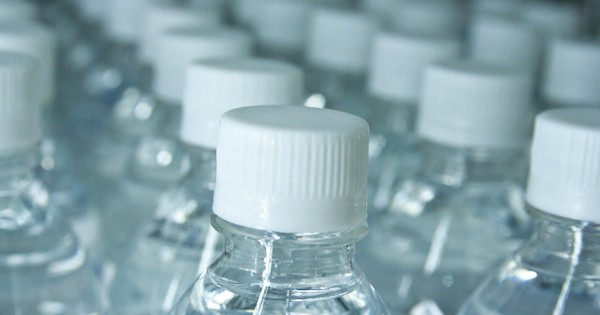
Ocean acidification will severely impair coral reef growth before the end of the century if carbon dioxide emissions continue unchecked.

A new NASA-led experiment measured a key component of the Arctic’s energy balance from space for the very first time.
The Indonesian island of Bali is popular with tourists and known for its beautiful beaches. British diver filmed himself swimming through rubbish in the sea.

As frigid air sweeps across Europe, the Arctic itself is seeing an unprecedented warm spell.

The recent wave of mild, humid air and its attendant impacts is disturbing. But this is the fourth winter where we’ve seen a veritable heat wave rack the Arctic.

A new study adds more evidence to the idea that e-cigarettes aren’t an entirely risk-free endeavor. It suggests that the very act of vaping might be exposing people to unsafe levels of toxins like lead and arsenic.

As communities around the world promote refill stations and water fountains over bottled water, it's worth revisiting a fact about bottled water: most of it is literally the same water we get out of our faucets.

Industrial fishing takes place across more than 55 percent of the world’s oceans, according to a new study.

Now, researchers have found 73 percent of Northwest Atlantic deep-sea fish are eating microplastic – the highest reported frequency of plastic-eating fish in the world.

Study highlights urgent need to adapt urban areas to cope with floods, droughts and heatwaves.

Everyday products like hair spray, air freshener, cleaners, colognes and perfumes, pesticides, glues, and conventional cleaning products contribute a far greater amount of pollution to the atmosphere than previously thought.

Although Cape Town has pushed back day zero – the day that the city runs out of water – until June 4, the country re-assessed the magnitude of the drought and determined that it has reached disaster proportions.

Using satellite data, researchers say sea levels could rise by half an inch a year by the end of the century, which is double current projections.

The tundra of Eurasia and North America contains twice as much mercury as the rest of the world combined.

Recent tests of car exhaust on monkeys have renewed the debate around animal testing. Researchers say there are alternatives that are less cruel.